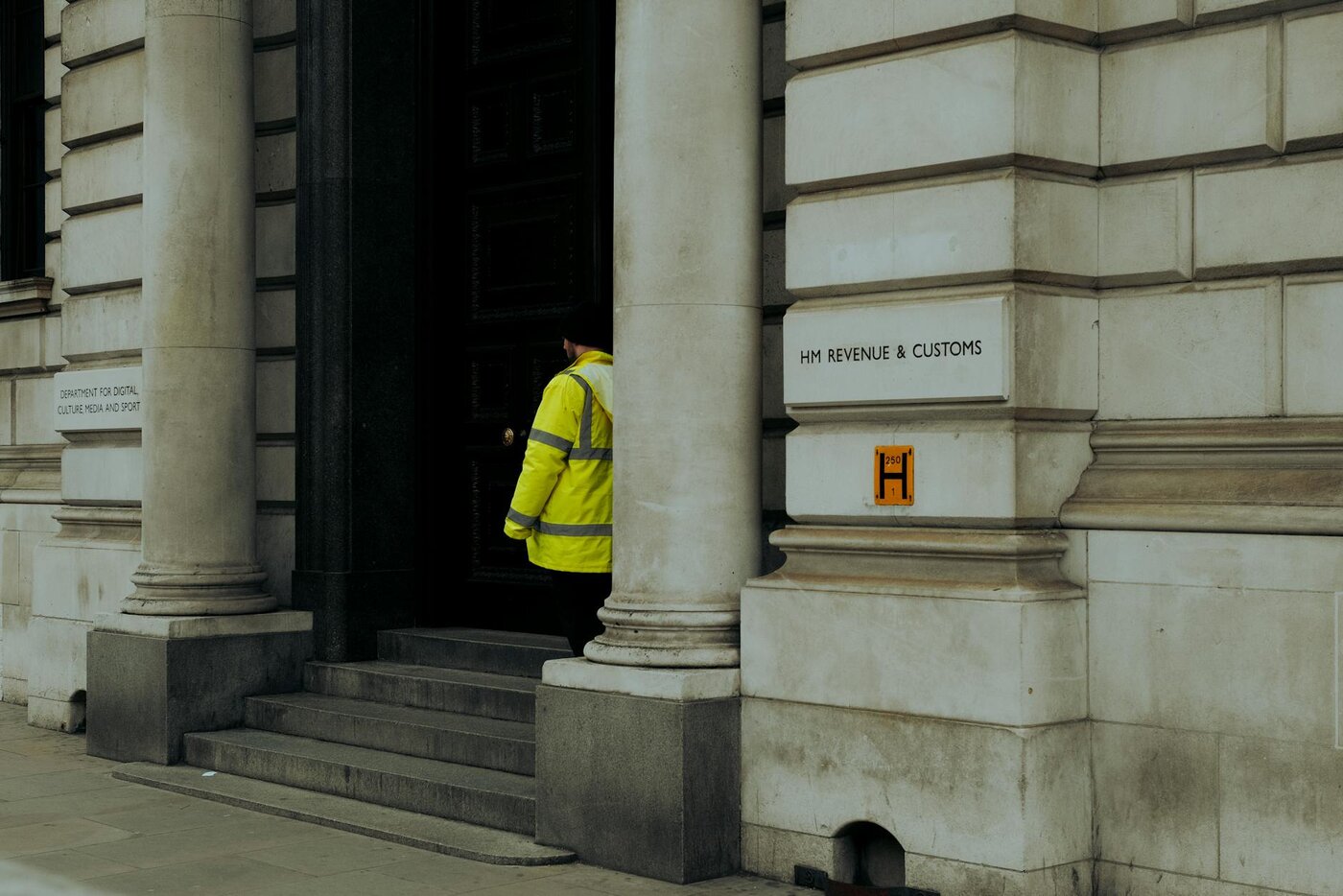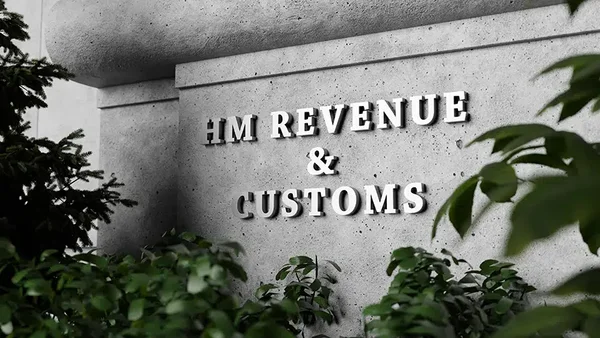HMRC’s billionaires data initiative
HM Revenue and Customs (HMRC) has revealed new plans to use advanced digital tools and data sources including national rich lists to build a more complete picture of the UK’s wealthiest individuals. The initiative aims to close a tax gap worth nearly £2bn among the country’s top 850,000 taxpayers and improve compliance among billionaires with complex financial structures.
Closing the wealth tax gap
According to HMRC chief executive John-Paul Marks, the department’s goal is to bring in an additional £500m in tax related to offshore assets held by the richest individuals. This follows concerns raised by Parliament’s Public Accounts Committee about how HMRC tracks wealth held through trusts, offshore entities, and other opaque structures.
Wealthy Complex Cross Tax and Offshore Team
A new specialist unit, the Wealthy Complex Cross Tax and Offshore Team, will spearhead the effort. Set to be fully operational by March 2026, it will include 120 staff with expertise in complex tax affairs, supported by modern analytics and AI systems. These recruits will help identify risks, improve data accuracy, and recover unpaid taxes more efficiently.
Expanding data sources and digital tools
Since UK law does not require individuals to declare total worldwide wealth, HMRC relies on indirect indicators and third-party data to assess tax risks. Marks confirmed that the agency uses a “combination of wealth, complexity, and opportunity” factors, along with information from public sources such as the Sunday Times Rich List, to estimate taxpayer wealth.
The department will expand its use of international data-sharing networks and digital mapping tools to connect personal assets with offshore holdings.
International cooperation and compliance focus
HMRC is also working with foreign tax authorities to reduce data gaps and improve transparency. The agency has taken a leadership role in international tax collaboration, helping to develop frameworks for sharing information about cross-border assets, trusts, and company ownership structures. This cooperation is expected to enhance the UK’s ability to identify hidden wealth and tackle offshore tax evasion.
A digital-first approach to fair taxation
The department’s investment in digital infrastructure and data-driven oversight marks a shift toward a more proactive and intelligence-led tax administration. HMRC leaders believe that improved technology and analytics will strengthen tax fairness, ensure the wealthy pay their share, and bolster confidence in the UK’s fiscal system.











